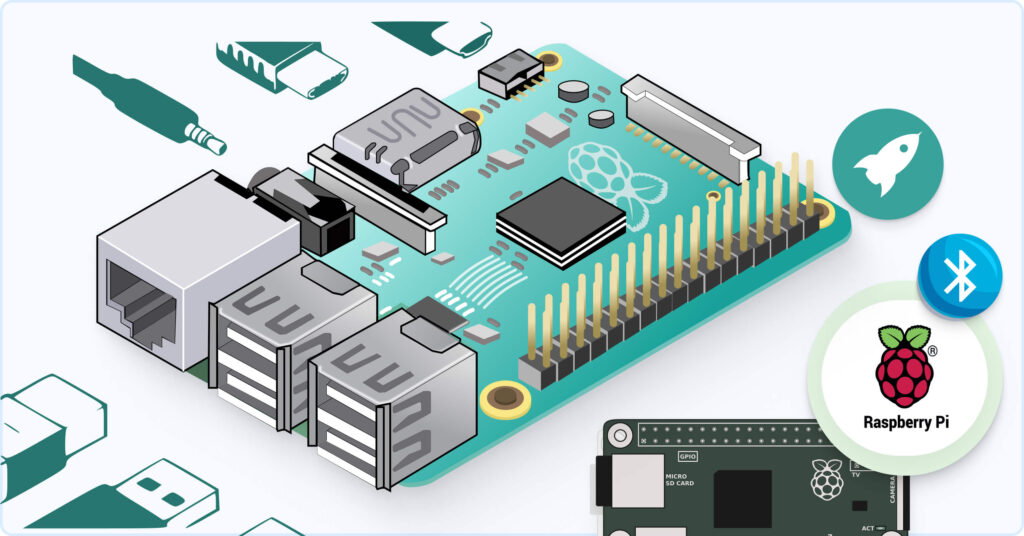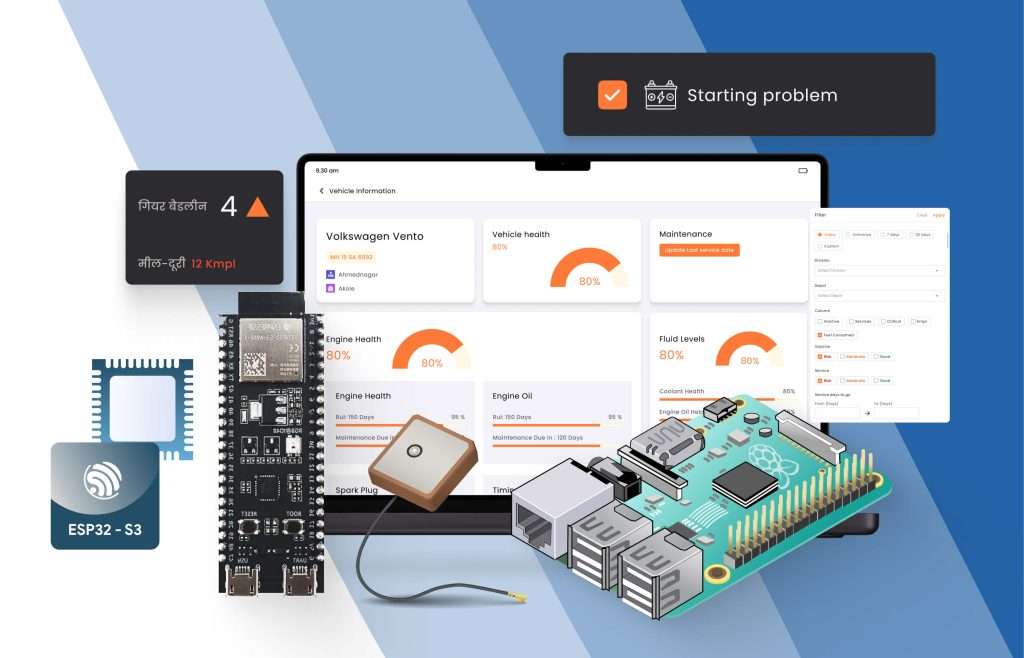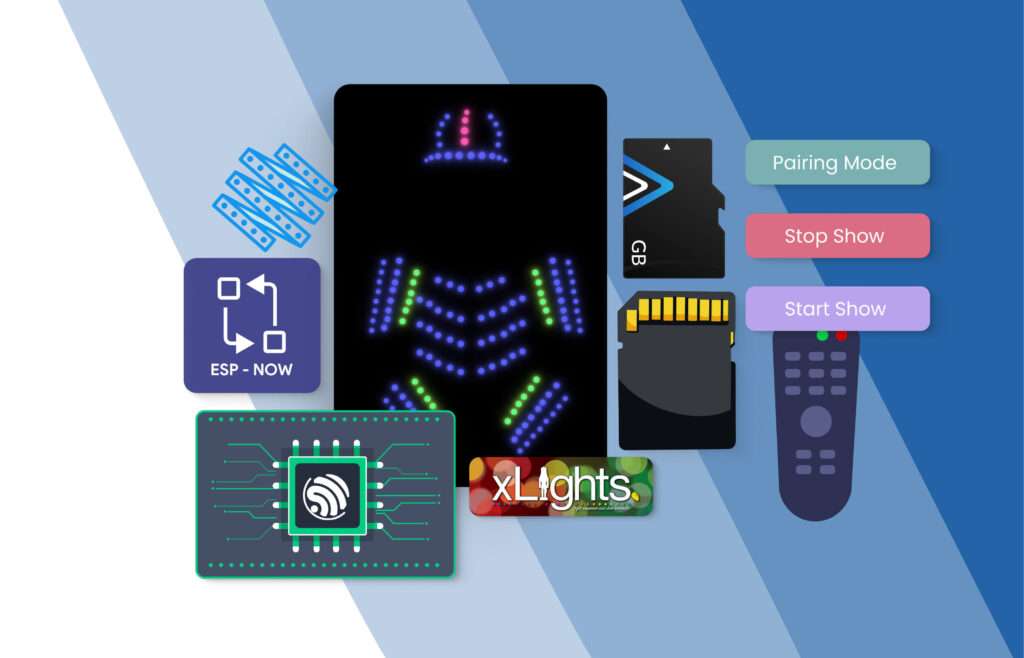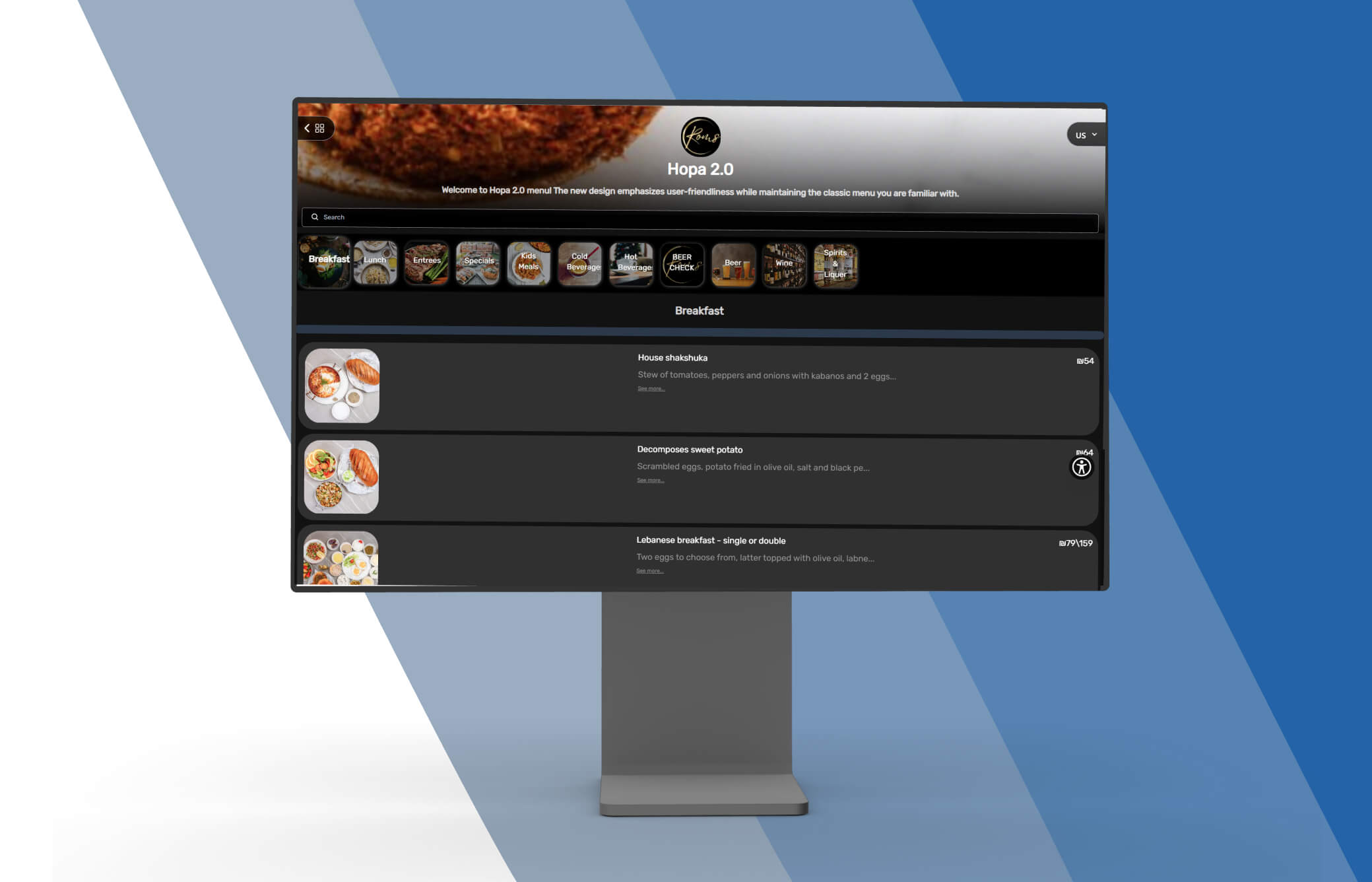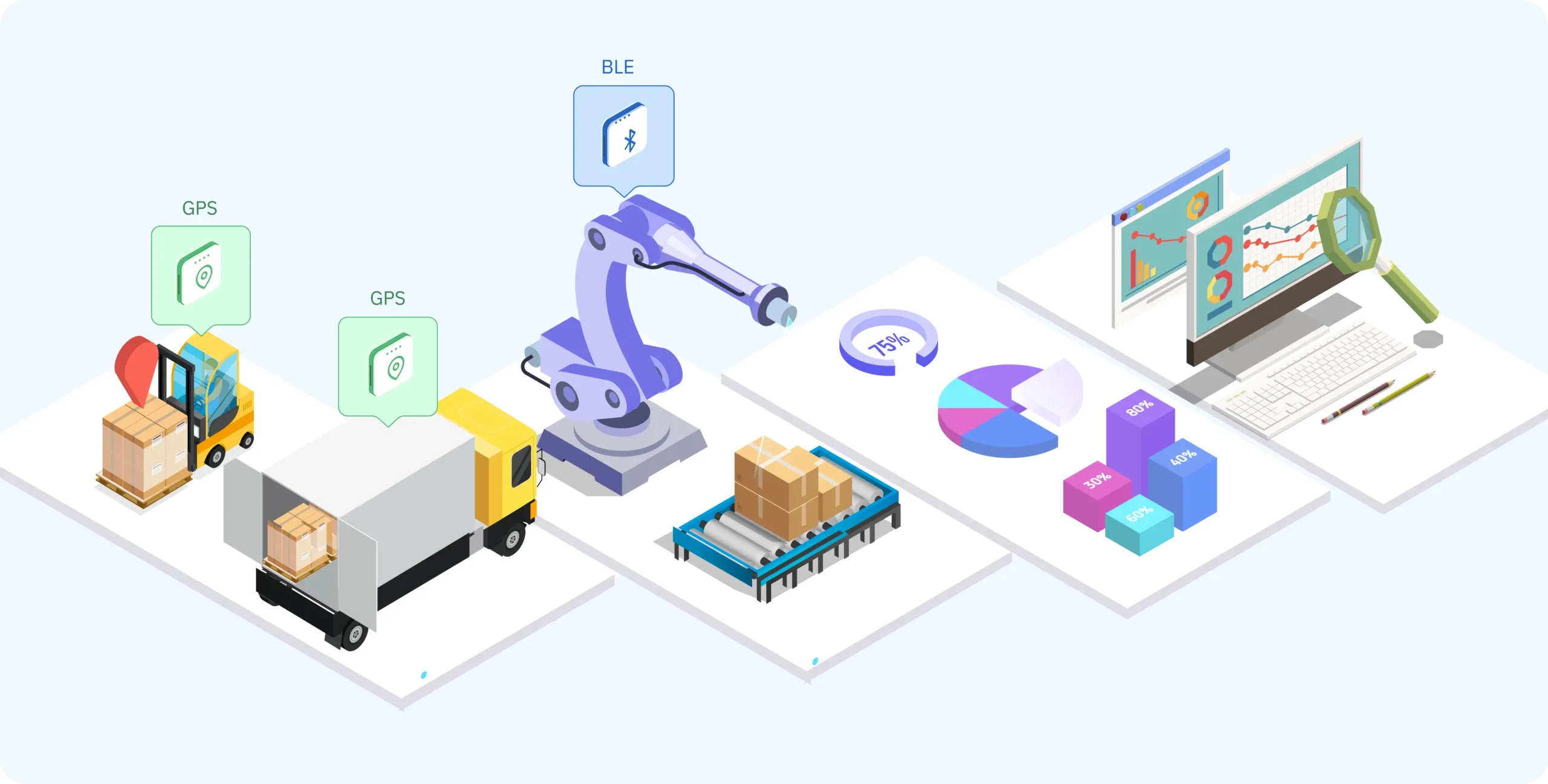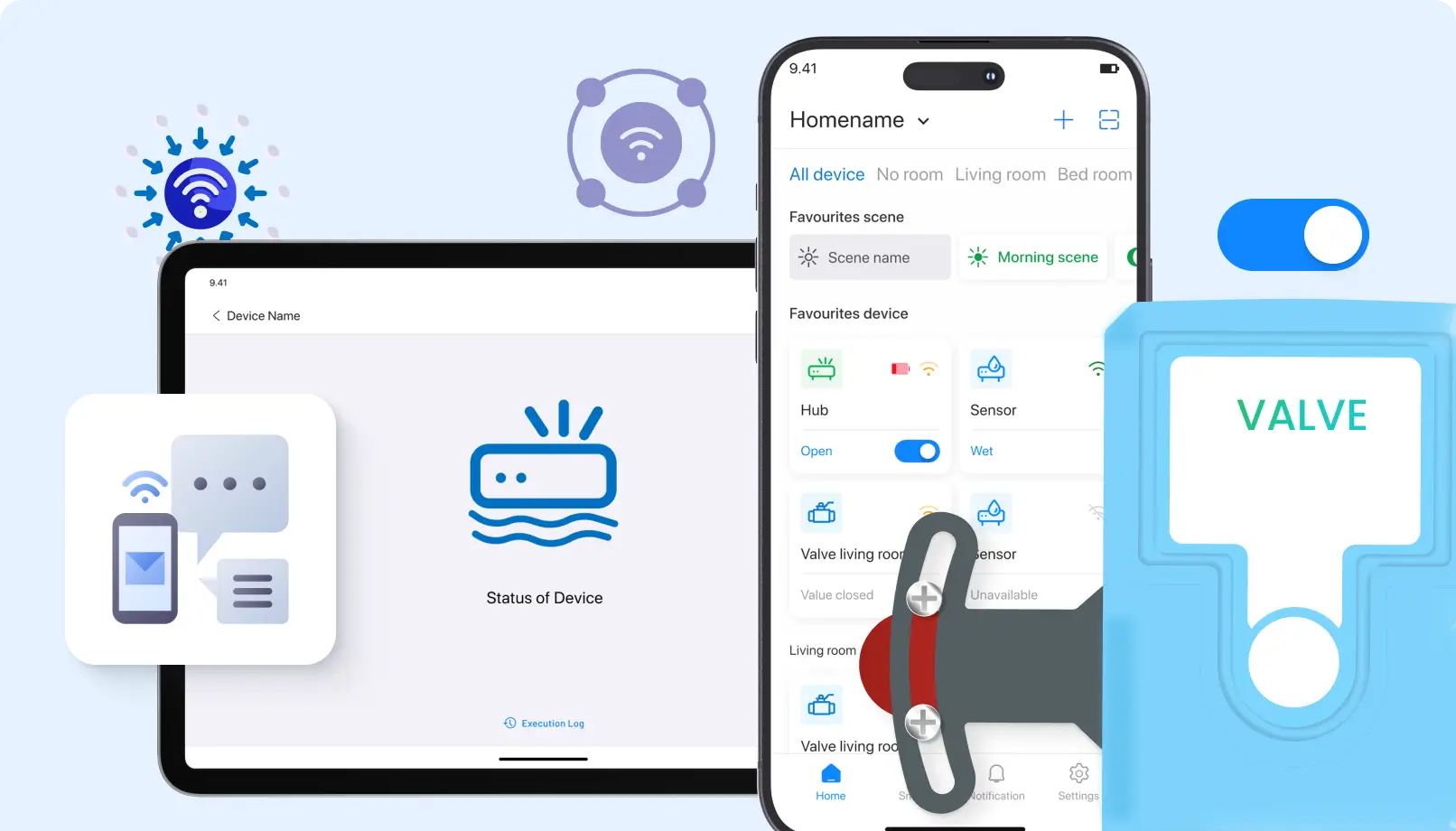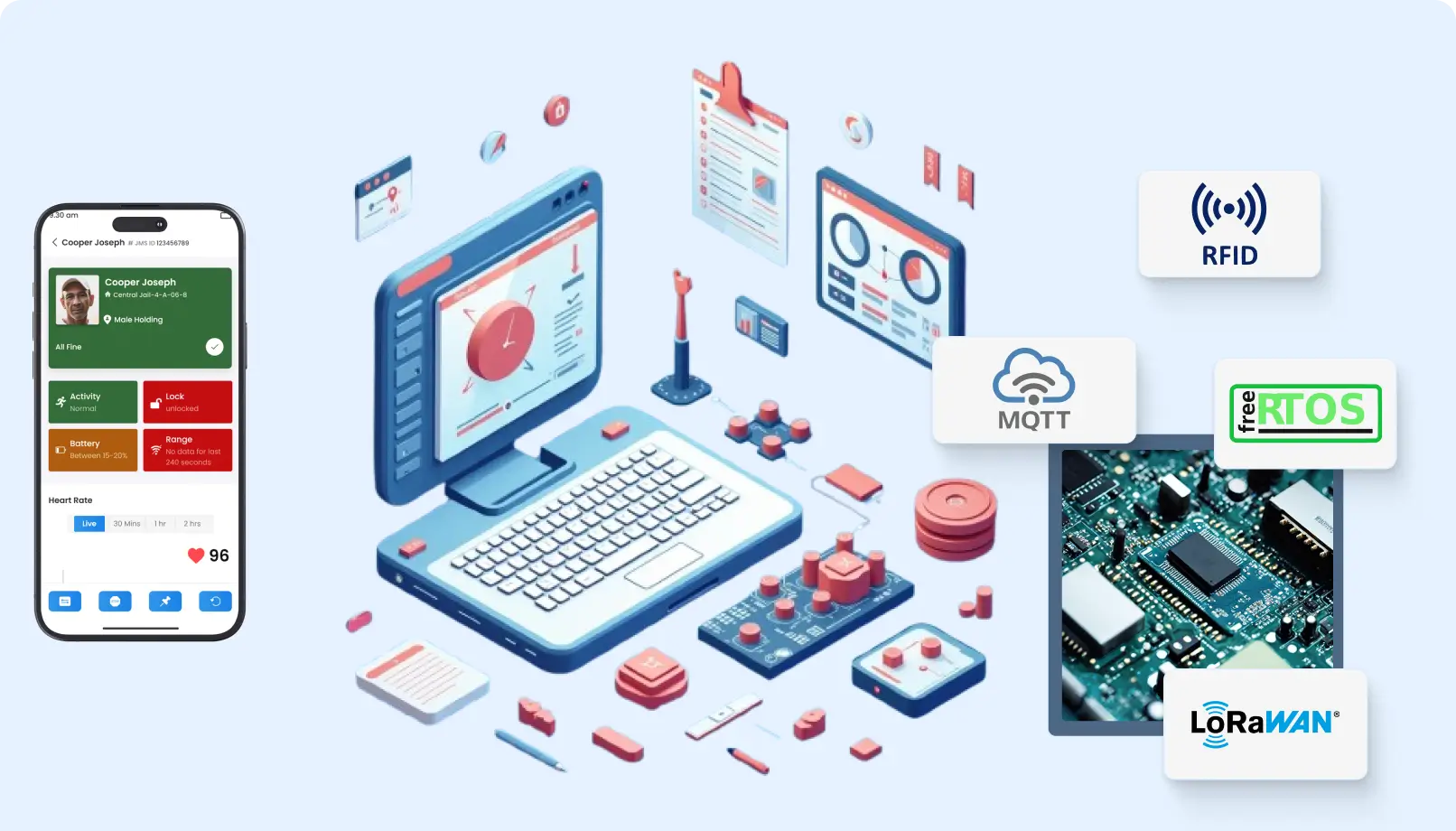A Brief History
The Raspberry Pi project started in 2006, spearheaded by Eben Upton and a team of developers, educators, and computer enthusiasts. Their goal was to create a low-cost computer to inspire and teach programming to students. The first Raspberry Pi model, the Raspberry Pi 1 Model B, was released in 2012. Since then, the Raspberry Pi Foundation has released several iterations, each improving upon the last in terms of performance and capabilities.
What Makes Raspberry Pi Special?
Affordable: Prices range from as low as $5 for the Pi Zero to about $75 for the latest Raspberry Pi 4 Model B with 8GB of RAM.
Compact: Its small size makes it perfect for projects where space is limited.
Versatile: With various input and output options, including HDMI, USB, and GPIO pins, it can connect to a wide range of peripherals.
Community Support: A large, active community means plenty of tutorials, forums, and resources to help you out.
Flexible Software: It primarily runs on Linux-based operating systems, with Raspberry Pi OS being the official one. You can also use other OSes like Ubuntu and Windows 10 IoT Core.
Different Models for Different Needs
Raspberry Pi 1 Model B: The original, released in 2012, had a 700 MHz ARM11 processor and 256MB of RAM.
Raspberry Pi 2 Model B: Launched in 2015, it featured a quad-core ARM Cortex-A7 processor and 1GB RAM.
Raspberry Pi 3 Model B+: Released in 2018, it included a 1.4 GHz 64-bit quad-core ARM Cortex-A53 processor, 1GB RAM, built-in Wi-Fi, and Bluetooth.
Raspberry Pi 4 Model B: The latest major release offers up to 8GB of RAM, a quad-core Cortex-A72 processor, dual HDMI outputs, USB 3.0 ports, and Gigabit Ethernet.
Raspberry Pi Zero: A smaller, cheaper variant ideal for compact projects, featuring a 1GHz single-core CPU and 512MB RAM, with the Zero W version adding Wi-Fi and Bluetooth.
Amazing Uses of Raspberry Pi
Education: Perfect for teaching programming languages like Python and Scratch in schools and coding clubs.
Home Automation: Control lights, security systems, and appliances using custom scripts or home automation platforms like Home Assistant.
Media Center: Transform your Pi into a media center with software like Kodi to stream movies and music.
Retro Gaming Console: Use emulation software like RetroPie to play classic games from NES, SNES, Sega Genesis, and more.
DIY Projects: From robots to smart mirrors and weather stations, the possibilities are endless.
Network Ad Blocking: Use the Pi-hole project to block ads network-wide at the DNS level.
Industrial Automation: Ideal for monitoring and controlling machinery in industrial settings.
Web Server: Host websites for personal projects, development environments, or small-scale websites.
Conclusion
The Raspberry Pi has transformed how we approach computing and electronics, making technology accessible and inspiring innovation. Whether you’re learning to code, building DIY projects, or prototyping industrial solutions, Raspberry Pi provides the tools and community support to bring your ideas to life. Its affordability, versatility, and extensive ecosystem continue to inspire millions worldwide to explore, create, and innovate. As technology evolves, the Raspberry Pi Foundation’s commitment to education and accessibility ensures that it will remain a cornerstone in the tech world for years to come.
